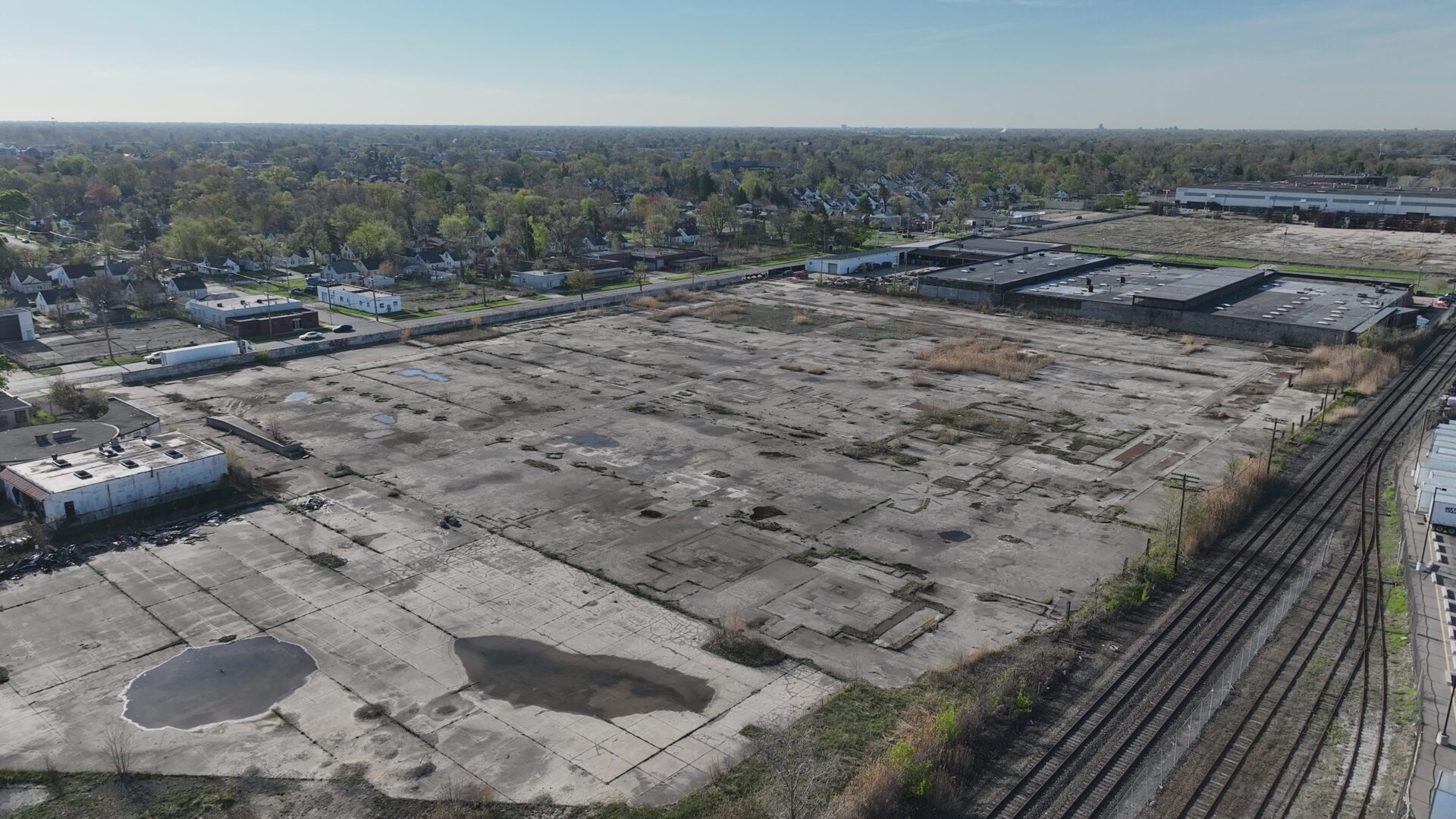Three Tips for Navigating Commercial and Industrial Real Estate

Venturing into commercial and industrial real estate is a significant step for any investor or business owner. The stakes are high and the process involves navigating zoning laws, infrastructure requirements, and financial risks. Understanding these elements can make the difference between a strategic investment and a costly mistake. Here, we share essential tips to help you approach commercial and industrial real estate with confidence and clarity.
Understanding Zoning Laws and Land Use Regulations
Zoning laws are foundational to every real estate decision. Each municipality sets specific regulations that determine how land can be used—whether for retail, manufacturing, or warehousing. Before investing in any property, confirm that the zoning designation aligns with your intended use. This helps prevent legal complications and ensures the long-term viability of your investment. Proper zoning also impacts resale value, which is a critical consideration in commercial and industrial real estate transactions.
Considering State-Led Site Readiness Programs
Many states offer site readiness programs to attract large-scale commercial development. According to Expansion Solutions Magazine, mega sites often have the strictest acreage requirements to participate in these programs, with eligibility thresholds reaching up to 1,000 acres. These large parcels are designed to support substantial commercial and industrial real estate projects and typically require heavy investment in infrastructure such as roads, utilities, and environmental remediation. While the rewards, such as tax incentives and streamlined permitting, can be substantial, careful planning is required to meet program criteria and long-term obligations.
Performing Comprehensive Due Diligence
Before finalizing a purchase, it’s essential to conduct in-depth due diligence. This includes analyzing the property’s legal standing, physical condition, environmental status, and financial viability. Work with professionals such as commercial real estate attorneys, engineers, and property inspectors to uncover any potential risks. Taking the time to complete this process thoroughly is especially important in the commercial and industrial real estate sector, where repairs or compliance issues can be costly.
Navigating the complexities of commercial and industrial real estate requires preparation, due diligence, and expert support. By understanding zoning, exploring state programs like mega sites, and performing thorough evaluations, you can reduce risk and position your investment for long-term growth. Looking to make your next move in commercial and industrial real estate? Contact our team at Verified Industrial Properties today to get personalized guidance tailored to your goals.
